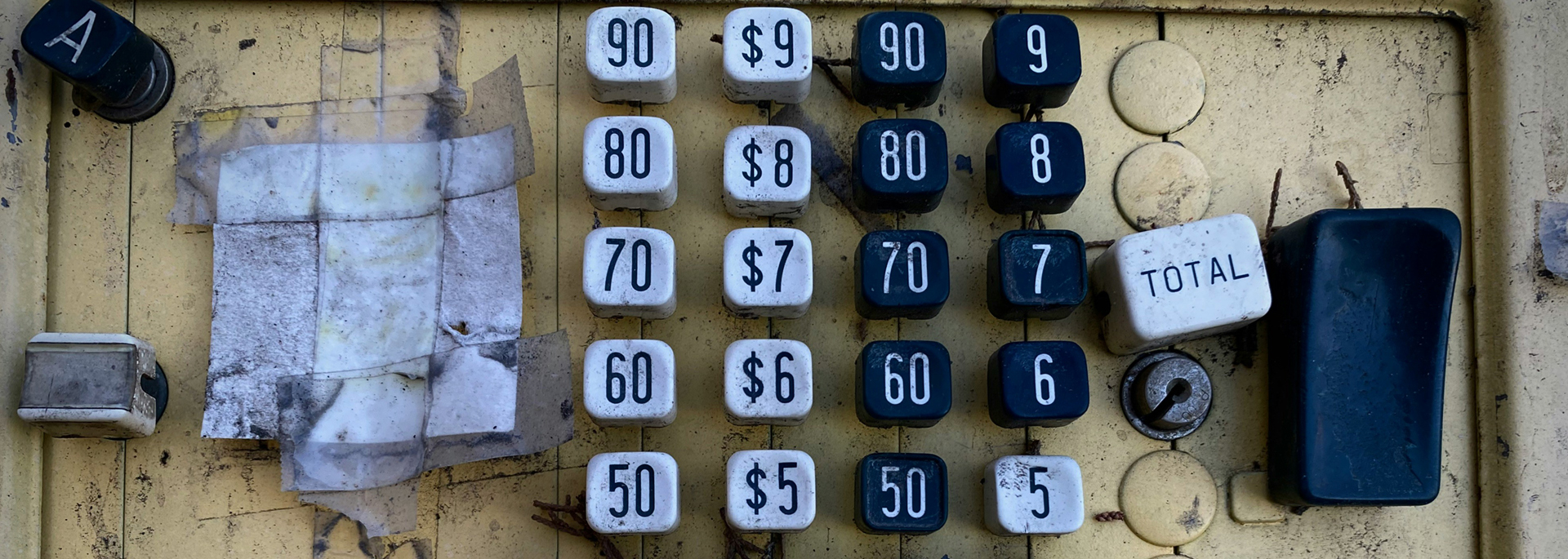Beyond the purchase price, consider closing costs, property taxes, homeowners’ association fees, and ongoing maintenance. In NYC, closing costs can be particularly high.
Ignoring the Importance of Location:
In a city as diverse as NYC, neighborhoods can change drastically within a few blocks. Research the area thoroughly, considering factors like safety, schools, amenities, and future developments.
Overlooking Building Financial Health:
In co-ops and condos, it’s crucial to assess the financial health of the building. Review financial statements, reserve funds, and any upcoming assessments or major repairs.
Not Understanding Co-op Boards: Co-op purchases involve board approval. These boards can be stringent, with specific financial and background requirements. Understand their expectations and approval process.
Skipping a Professional Inspection:
Even in a competitive market, don’t waive the home inspection. Hidden issues can be costly, and in historic or older buildings, there may be more potential problems.
Failing to Secure Financing Early:
Mortgage pre-approval is essential in NYC’s fast-paced market. It gives you a clear budget and makes you a more attractive buyer to sellers.
Neglecting Legal and Tax Implications:
NYC has complex real estate laws and tax implications. Hire an experienced real estate attorney and a tax advisor to navigate these aspects.
Not Factoring in Commute Times:
Consider your daily commute from the potential property. Proximity to public transportation and travel time to work can significantly impact your lifestyle.
Being Unprepared for a Bidding War:
In a competitive market, properties may receive multiple offers. Have a strategy and set a firm budget to avoid getting caught in an emotionally driven bidding war.
Underestimating Renovation Costs and Restrictions:
If you plan to renovate, understand the costs and any restrictions, especially in historic districts or buildings with strict boards.
Not Exploring Different Types of Properties:
NYC offers a range of property types, from brownstones to high-rises. Each has its pros and cons, so consider various options before deciding what works best for you.
Ignoring the Future Resale Value:
Think about the long-term potential of the property. Factors like upcoming neighborhood developments or changes in zoning laws can affect future resale value.
Remember, every real estate transaction in New York City is unique. It’s crucial to work with experienced professionals who understand the intricacies of the New York City market.





